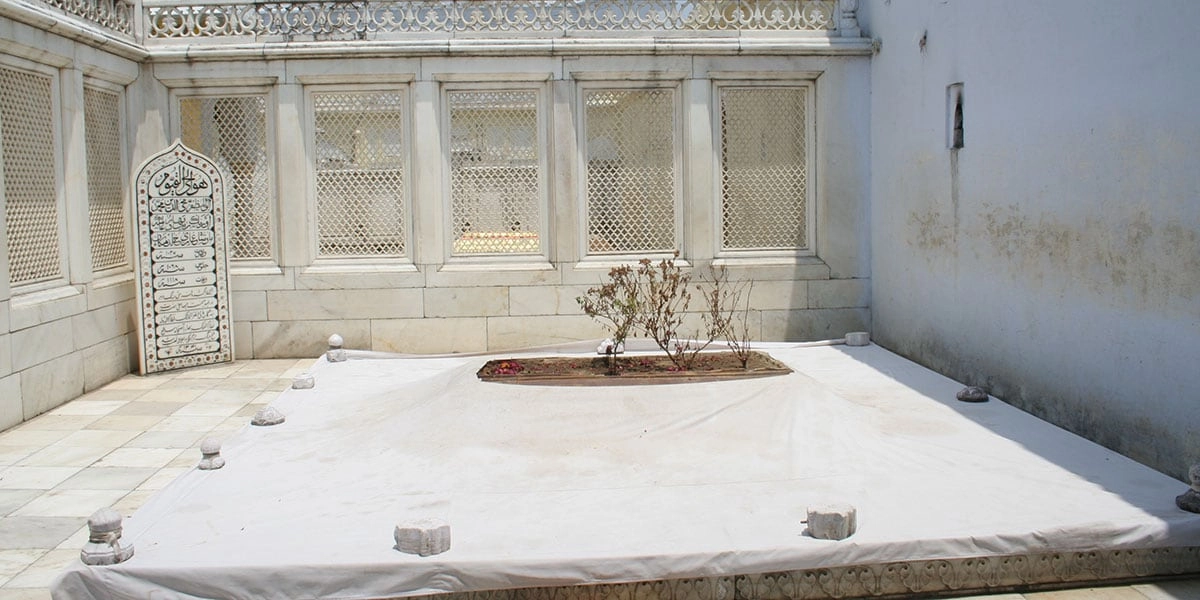Aurangzeb, the sixth Mughal emperor, is often remembered for his controversial reign, which was marked by a mix of military conquests and religious intolerance. However, a relatively lesser-known aspect of his legacy is his tomb, which has recently become the focal point of intense debate and discussion. Located in the remote area of Khuldabad, Aurangzeb’s tomb is strikingly unadorned compared to the opulent mausoleums of his predecessors, such as the Taj Mahal. This stark contrast has sparked a massive storm of opinions regarding his legacy, the cultural implications of his reign, and the very nature of remembrance in historical contexts.
The simplicity of Aurangzeb’s final resting place has led many to interpret it as a reflection of his austere lifestyle and his dedication to Islamic principles. Unlike the lavish burial sites of emperors like Shah Jahan, who celebrated love through grand architectural feats, Aurangzeb chose a humble grave, surrounded by a serene garden. This decision has been viewed by some as a statement of humility, while others see it as a symbol of his contentious rule, which was marred by religious strife and oppression. The tomb’s understated nature raises questions about how history perceives rulers who are both revered and reviled, and whether their legacies should be honored with grandeur or simplicity.
The discussions surrounding Aurangzeb’s tomb have also touched upon broader themes of national identity and historical memory in India. As the country grapples with its rich and often tumultuous past, the treatment of figures like Aurangzeb becomes a microcosm of larger societal debates. Some argue that his legacy should be critically examined in light of contemporary values, while others insist that historical figures should be viewed within the context of their time. This ongoing discourse highlights the complexities of heritage and the ways in which it shapes modern Indian society. Ultimately, Aurangzeb’s tomb serves not just as a final resting place, but as a catalyst for reflection on the nature of power, morality, and the enduring impact of history on present-day identity.




